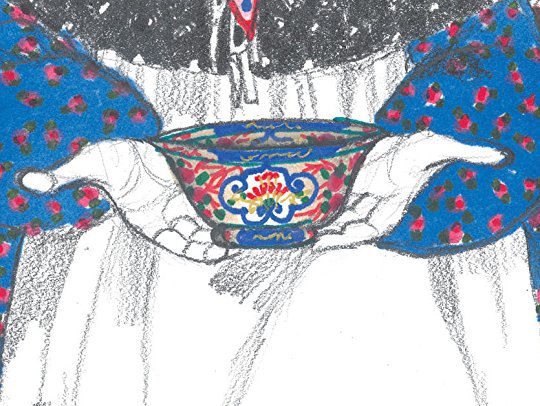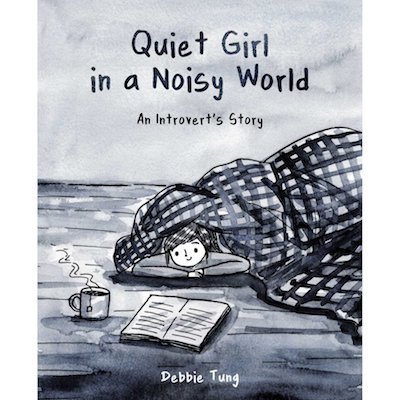
“You were born with the power to change others,” said children’s author and illustrator Patricia Polacco. “You change people by the way you treat them. That is what changes the human heart.” To approach one’s life as a way to change others through acts of kindness, love and compassion is offering is ultimately about changing ourselves first. To express them, we must first experience them ourselves. Compassion, kindness and love must come from a place where we recognize in everyone our shared humanity. The wall of us and them is torn down to become a bridge of realizing there is only us. Compassion is connection, it must be live out in community. Compassion is an open embrace. It is a hand reaching out and a welcoming to the table.
Our culture stresses competition far more than it does cooperation and compassion. “Survival of the fittest,” one hears people misquoting Charles Darwin. Yet what Darwin stressed was that success and survival is based on “dependence of one being on another.” In his book The Descent of Man and Selection in Relation to Sex, he wrote, “Sympathy will have been increased through natural selection for those communities which include the greatest number of the most sympathetic members, would flourish best, and rear the greatest number of offspring.” Compassion, then, is imperative for our very survival as a species.
Do we approach compassion as something necessary for our very existence?
Compassion is an inter-connectedness among all things. As John Muir wrote, “When we try to pick anything by itself, we find it hitched to everything else in the Universe.” The Trappist monk Thomas Merton had this epiphany on a corner of a busy street in New York City. As he wrote in Conjectures of a Guilty Bystander:
“I was suddenly overwhelmed with the realization that I loved all those people, that they were mine and I theirs, that we could not be alien to one another even though we were total strangers. But it cannot be explained. There is no way of telling people that they are all walking around shining like the sun.”

Compassion needs connection. It is much deeper than pity or empathy. Compassion is seeing someone else’s suffering and entering into it. Compassion aligns ourselves with those who are often marginalized, ostracized, forgotten, disconnected, lonely, oppressed and suffering injustice. It is placing ourselves with the least of these and the left out. Compassion sees the dignity and humanity in everyone. Albert Einstein wisely said, “Our task must be to free ourselves . . . by widening circles of compassion to embrace all living creatures and the whole of nature in its beauty.”

There is a philosophy known as Ubuntu, which means “humanity” or “humanity towards others.” It’s saying, “I am who I am because of who we all are.” It is rooted in connectedness. Of an equal of caring and sharing among each person. Compassion is letting go of self-preservation and self-centeredness in order to work that all might benefit. Compassion is finding the worth and value of each individual person. It is moving past our own comfort to those who are comfortless, homeless, abandoned and on the fringes of our society.

Do we create opportunities for ourselves and our children to treat others with compassion and caring? Do we teach them not to stand by and do nothing when they see others bullied or hurting or alone? Do we provide examples of these traits to them through our own actions towards others? We cannot raise compassionate children if we ourselves are not. Or how do they see us in our interactions or lack of them with people of different races, religions, genders, sexuality, or nationality?
Too often we promote independence over interconnectedness. The ancient Chinese philosopher Lau Tzu wrote, “Simplicity, patience, compassion. These three are your greatest treasures. Simple in actions and thoughts, you return to the source of being. Patient with both friends and enemies, you accord with the way things are. Compassionate towards yourself, you reconcile all beings in the world.”
Compassion is bringing light to the darkness, even if it’s a single candle.
Compassion requires a transformation of mind, heart, actions, and words. It is a letting go of hurt and fear which often expresses itself through violence and selfishness. Suffering comes from being disconnected. Compassion comes from establishing connection. It is understanding that we are impacting and affecting the world through our words and actions.
I love how Brené Brown puts it, “Compassion is not a virtue – it is a commitment. It’s not something we have or don’t have – it’s something we choose to practice.”
Compassion is a practice. It’s a process. Compassion is not the destination, it’s the path we take and the understanding that we do not walk it alone. It is a daily choosing to be compassionate, especially towards those we would not be inclined to show compassion towards, even ourselves sometimes. It means that every morning we reawaken ourselves to the need to be compassionate: first to ourselves, then to our families, then to those that we encounter that day.
Compassion is making beauty where there was ugliness. Love where there was only fear and distrust. Understanding where there was discrimination. Joy where there was tears.
Often compassion begins in listening, in being present, in being aware. Compassion is no longer being silent or neutral or indifferent. It is being gracious and generous in thought, word and deed. It is grasping that all are sacred, all are created in the image of God. It is a reverence for life – all of life. Compassion is a striving for real understanding.
Compassion is where love dwells.

Advertisements Share this:





